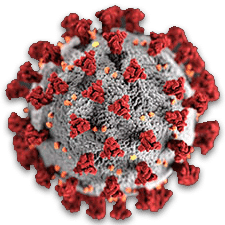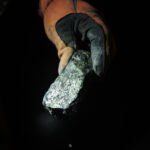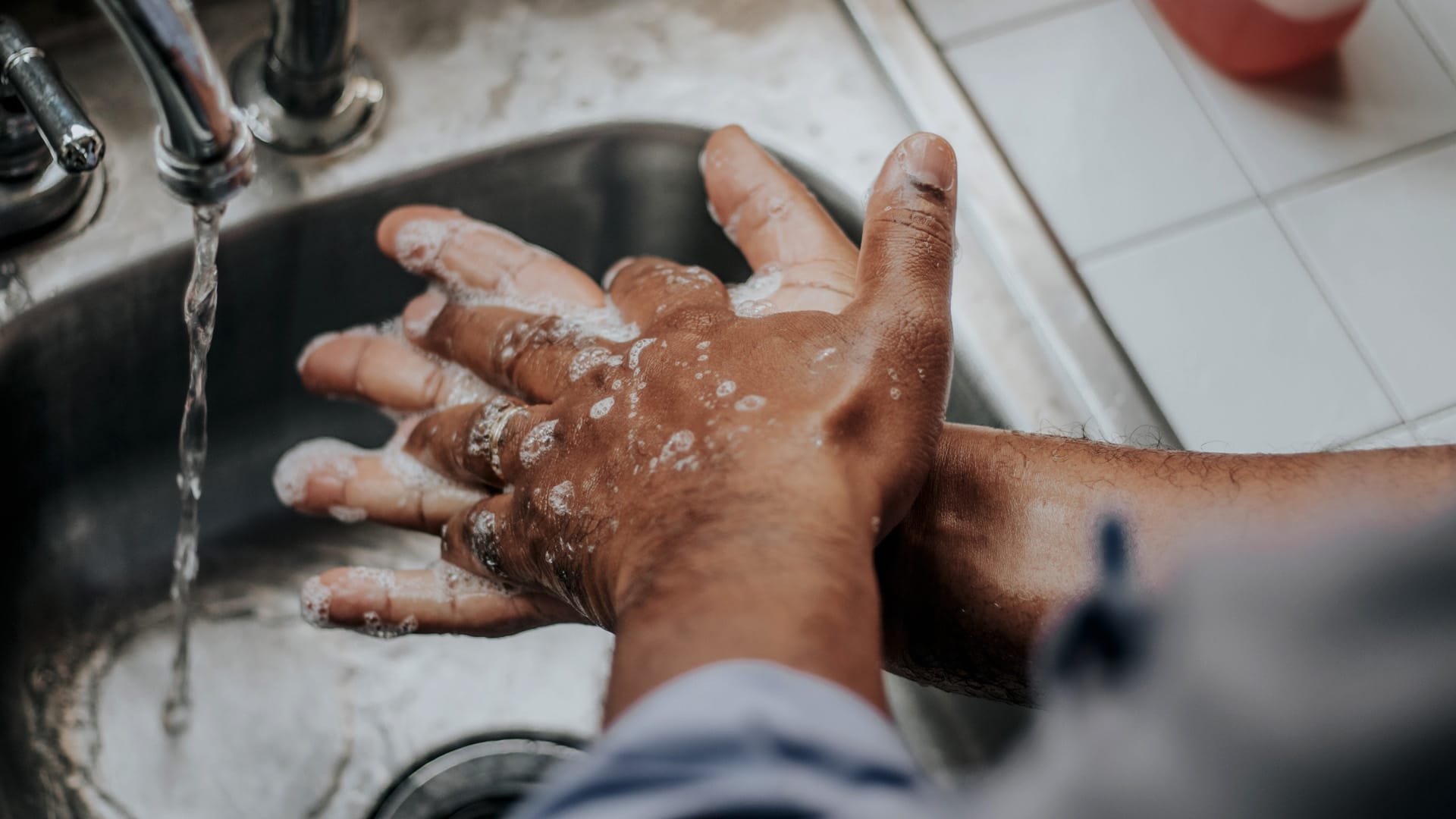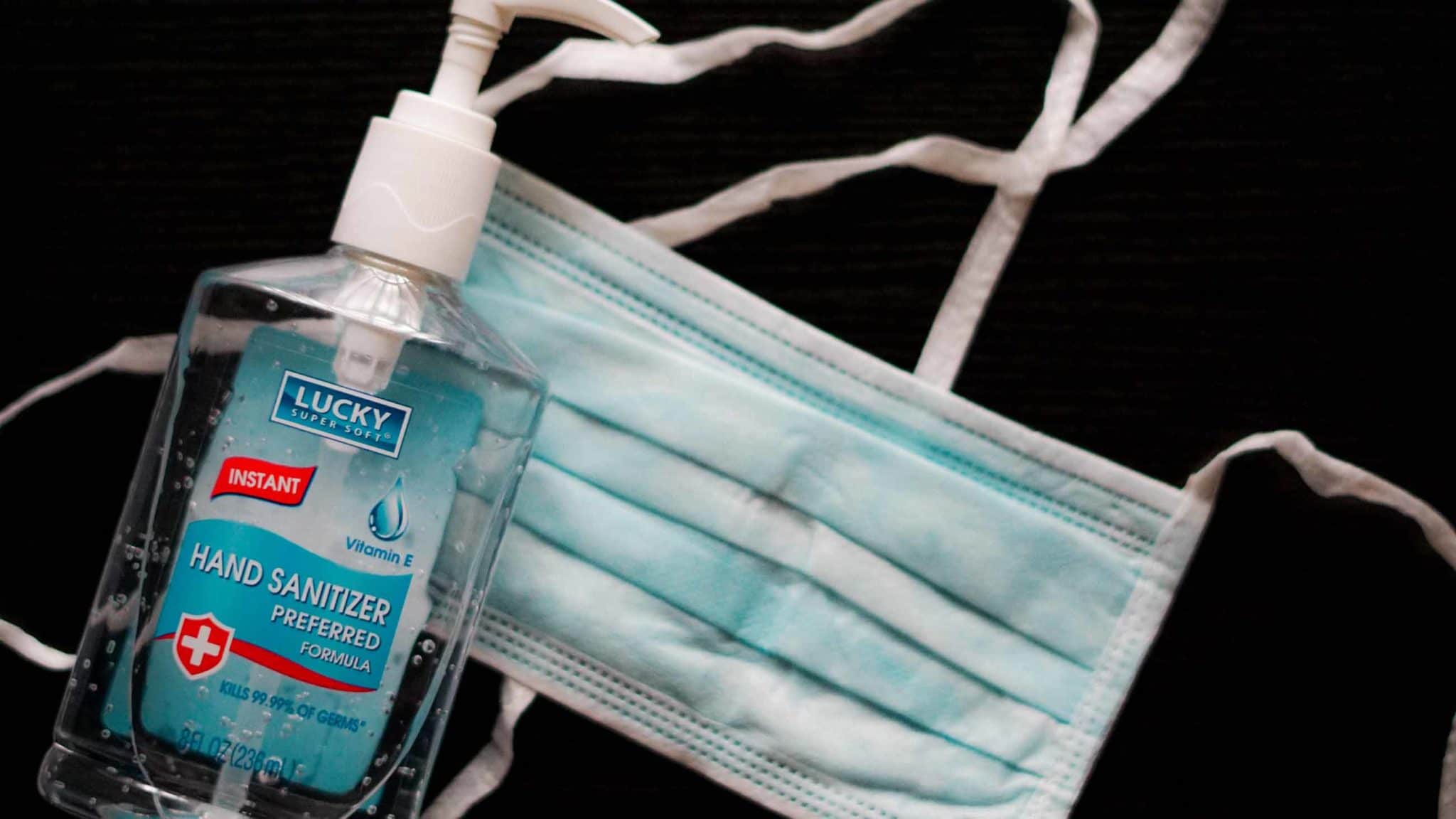Let’s face it. We’re all germaphobes now.
Anecdotal reports suggest that health anxiety disorders are on the rise in the U.S., in part due to a pandemic-driven fear of contamination and germs. Even people who aren’t experiencing clinically significant health anxiety are likely to be fixated on cleanliness. Witness the depleted shelves of hand sanitizer and disinfectant in just about every store you encounter.
I’m no exception. I used to wash my hands after using the bathroom. Now I wash them any time I pass by a bathroom. I used to give a laugh when my young daughter ate food off the ground. Now I shout at her if she even comes within 10 feet of another human being in public.
As someone who has spent years doing research in health geography, I understand that this collective turn to cleanliness serves a purpose. We are, after all, in the midst of a pandemic. Anxiety about contamination is driving us to wash our hands more, which in turn is probably helping prevent the spread of Covid-19.
But what if this anxiety crystallizes into a long-term, habitual fear of germs? I believe that such a cultural shift wouldn’t just be unhelpful, it would potentially be a danger to public health — and to the broader social sphere.
To understand why, it’s helpful to remind ourselves that viruses can have beneficial effects. Some viruses, including many bacteriophages, possess life-saving medical powers. Others, including herpesviruses, can lead to serious infections, but in their dormant state may also train the human immune system to fight Listeria food poisoning and bubonic plague. And studies have shown that moderate levels of exposure to pathogenic viruses during early childhood can offer a protective effect later on in life. A study published in the journal Pediatrics in 2016, for instance, found that children who attended daycare before their first birthday experienced fewer bouts of stomach flu later in childhood than peers who didn’t attend daycare. (That study tracked participants only up to age six, though the authors suggest that the protective effect may extend much longer.) In an attempt to completely rid our lives of viruses, we could rob ourselves of some of the protections they afford.
Moreover, the sanitizers and soaps we’re using to immobilize the new coronavirus can also wipe out bacteria that are essential to human health. The human microbiome, the diverse collection of microbes living in and on the human body, has now been established as hugely important to digestive health, metabolic function, and immune responses. Jonathan Eisen, a microbiologist at the University of California, Davis, noted in an interview with Popular Science that hand sanitizer can disturb the microbiome of our skin. (This may allow more dangerous pathogens to take root.) Used excessively, Eisen added, hand sanitizers might also promote antibiotic resistance, another public health threat.
It’s not just hand sanitizers. Machine dishwashing has been linked to an increased risk of asthma and allergies in children, possibly because it reduces their exposure to beneficial bacteria. Meanwhile, studies suggest that disinfectant household cleaners may contribute to weight differences in children, due to their effects on the gut microbiome.
Even before the pandemic, demand for products marketed as “antimicrobial” was on the rise, especially in North America. But some of those products contain potentially dangerous ingredients. Triclosan, an antimicrobial ingredient commonly added to consumer products has been linked to hormone disruption as well as asthma and allergies. While recently banned for use in antibacterial soaps by the U.S. Food and Drug Administration, it is still commonly added to clothes, cookware, toys, and other items. Some studies suggest that another common additive, silver nanoparticles, might negatively alter the gut microbiome, though research results have been mixed.
At the societal level, a danger of germaphobia is that it emphasizes individual health care practices over broader public health goals. As journalist Laurie Garrett stated in a recent interview with a New York Times columnist, individual health care isn’t enough to keep us safe from disease; we must keep our air and water clean and create public health systems able to detect and contain future outbreaks. I believe we must also strengthen our health care system, prioritize preventative care, and address health inequalities like those exposed by the Covid-19 pandemic, which has disproportionately impacted poorer communities and communities of color. Working to prevent the spread of germs at the individual level may be part of the solution, but it is not necessarily the most important part.
 |
Thoughts or questions on Covid-19? |
A collective shift toward germaphobia could also threaten the health of the broader social sphere. Throughout history, a fear of germs and contamination has been linked with a fear of the “other.” Research into what’s known as the behavioral immune system has found that in combination with social context, our “disgust” mechanism — triggered when we are confronted with even the idea of a threat of infection — is associated with prejudice against people labeled as atypical or as outsiders.
Some political figures and movements have mobilized germaphobia to vilify ethnic groups and immigrants, despite studies that show immigrant populations harbor fewer infectious diseases on average than the populations of their host countries. Xenophobia is a complex social phenomenon, rooted in histories of colonialism, capitalism, and nation-building, but a fear of infection can provide it a growing medium. Indeed, the coronavirus has already whipped up anti-Chinese and anti-immigrant sentiments around the world.
To be sure, the coronavirus is a singular threat, and we should do everything in our power to slow it’s spread. But the lesson of this pandemic is not that we, as individuals, must do a better job of avoiding germs. It’s that we, as a society, must be better prepared for the next big public health threat. Let’s fight the spread of Covid-19 with all of the hand sanitizer we have at our disposal. And then, if there’s any left, let’s toss it to the back of our cupboards.
Sophie Strosberg is a writer and researcher living in Tucson, Arizona. She writes about health, society, and parenting.












Comments are automatically closed one year after article publication. Archived comments are below.
This is a very timely article. Germaphobia is overrated.
I lost my young kid/adolescent germaphobia as I became sexually active. The two things just didn’t seem to go together.
I didn’t acquire germaphobia until I was past toddlerhood. At not quite age 2, I picked up something that the dog had left and put it in my mouth. (Yes, it was what you think.) (I learned, decades later, from Peter Sagal on Wait Wait Don’t Tell me, of all places, that disgust is learned.)
Then, when I was four, just after we’d moved to Boston, where there were nearby ocean beaches, we went to the beach. I soon discovered that all the empty soda bottles on the beach actually had a little soda left in them, and I drank from every one I could find. Strangely, the soda in a couple of the bottles tasted bitter, and I realized only many years later that that had been the first time I’d had beer.
I did not get sick from either incident.
At home or at friends’ houses, I don’t wash my hands after going to the bathroom, or before eating. I often eat stuff that’s fallen on the floor, even though I have a dog walking around. She often sleeps on my bed during the day, and comes to cuddle with me in the AM before I get up, and I don’t worry about catching anything because of the close contact.
On the other hand, if the incredibly infectious norovirus is going around, I refrain from eating at most restaurants, and I wear medical gloves when I use public restrooms (I keep ’em in the car).
Also, I keep up to date on my hepatitis shots.
And if I were a medical professional, particularly in a hospital, I’d be doing a lot of hand washing that I’m not now doing.
Glad to read this common sense discussion amid all the hand-wringing and fear.